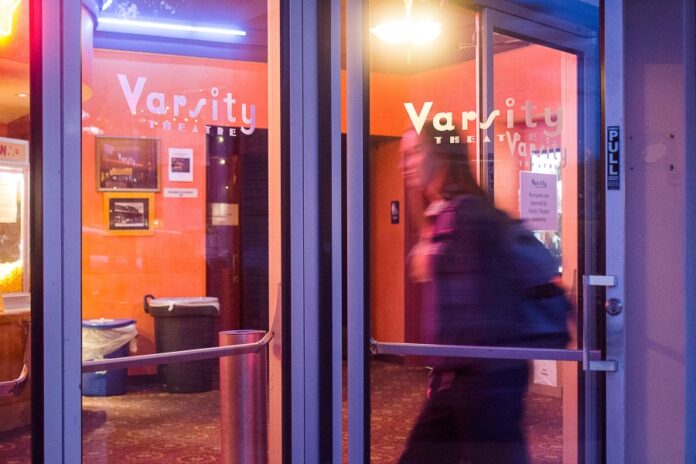Current cinematic trends reveal our own desires
Providing a true definition of art, particularly in the realm of cinema, is an impossible task. By the subjectivity inherent to the craft, forming strict standards for what constitutes legitimate artistic construction is best left to individual taste. However, that does not mean there is no room for opinion. A definition I have always considered fondly was one relayed to me by a fellow writer: art is a reflection of our modern moment.
By this standard, artistic expression can serve as a measure of the feelings defining our modern lives. The popularity of a bleeding-heart American film like “Top Gun” or “Miracle,” for example, would imply a societal lean toward patriotic ideals. From this assumption about art and cinema, a natural question emerges: what saturates the current cinematic market, and what does it say about our modern moment?
A statistical examination reveals a clear trend: sequels, prequels and adaptations. Since 2005, the percentage of such films within the top 100 grossing movies each year has risen from a bit over 65 percent to about 90 percent. Filmgoers are flocking to theatres to see movies that adopt something they know, something familiar, and either expand on the concept or rehash it in a different medium. As a result, studios spend exorbitant amounts on adapted or pre-existing material, budgeting for this at an average of $139 million dollars, while allotting only a third of that sum to original screenplays, at around $46 million.
Attacking this trend as an affront to art is a bit of a gray area. Film studios are businesses, not charities, and they will cater to consumer interests. So it falls to an analysis of us, the consumers, to understand why originality in cinema seems to be fading into obsolescence. It is much easier to derive the societal implications of high-grossing original movies. What does it mean when cinema finds a basis not in originality, but in familiarity?
Let us return to our earlier definition of art. Cinema seems to be establishing its foundation in familiarity, and in a similar sense, nostalgia. The industry is catering to a demand for a return to the well-tread — not an examination of final frontiers, but of known spaces. If art reflects our modern moment, this cinematic trend tells us that we are avoiding the reflection.
Studios are responding to consumer demands by creating products founded in nostalgia, products that let us forget through remembrance. Like other times in our nation’s history, people are turning to cinema as an escape to idealism. During the Great Depression, movie theaters acted as a source of respite to otherwise aggrieved Americans. The turmoil and quiet desperation of their daily lives could be lost, if only for a moment, in spectacle. Hollywood experienced an unprecedented boom then, as it is now. By serving this purpose, cinema was — and is — no longer a pristine reflection, but a portal to a better world.
Through screwball comedy and high-caliber action, Depression-era moviegoers sought an escape from day-to-day misery. By returning both to the familiar and to conceptualizations of nostalgia, we now seek to escape the advances of growing frustration with our system and society. This sense of unfocused tension is everywhere we look: in our politicians, in our news outlets, in our social media. We are surrounded every day by stories of the world on fire, of corruption, of exploitation, of violence and of anger. Few want any further reminders of the modern moment. So we avoid the reflection and instead seek a portal to somewhere better: to a world that makes sense, a world that puts out the things that are burning. And we know the fire will be put out because someone always puts it out. Someone always does.
So perhaps a better definition of art is not as a reflection of our modern moment, but a reflection of what we want our modern moment to be. When the world seems predictable, we seek progress through certain ideals, and our films reflect those desires. And when everything unravels, we seek something predictable. As much as I wish I could criticize this trend of artistic complacency, to demand originality, meaningful and creative products, maybe a reflection is not what we need right now. Maybe a portal is okay.
Written by: Eli Elster — eselster@ucdavis.edu
Disclaimer: The views and opinions expressed by individual columnists belong to the columnists alone and do not necessarily indicate the views and opinions held by The California Aggie.





